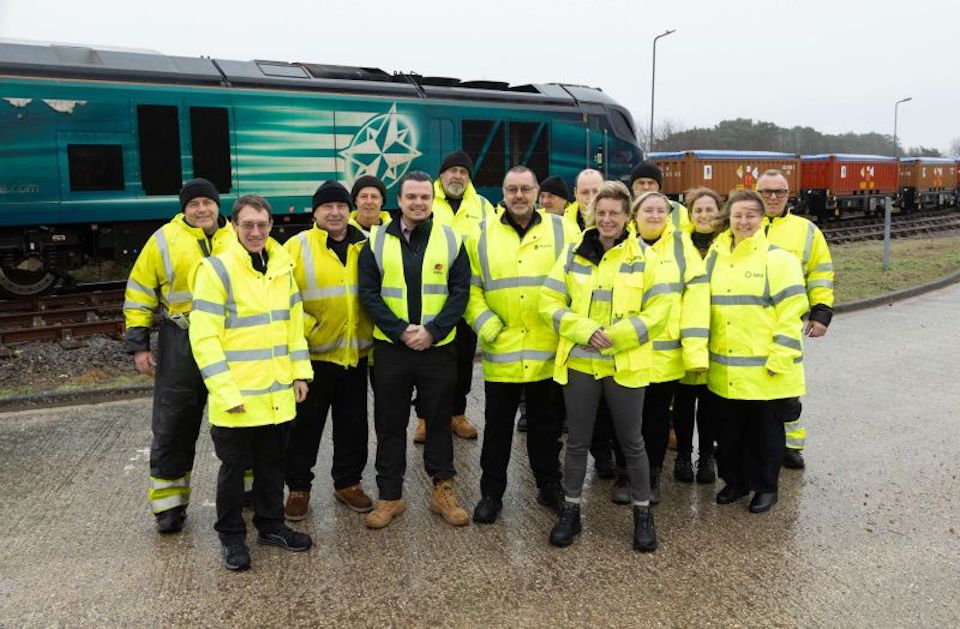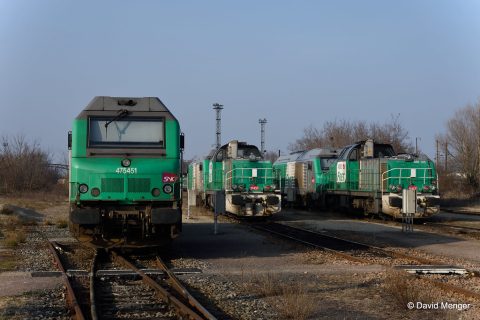South of England site signals its final nuclear shipment

Direct Rail Services (DRS), the rail freight arm of Nuclear Transport Solutions (NTS), has completed a significant task in the transportation of radioactive materials. The very last flasks of radioactive waste from the Winfrith treated waste store, located on the south coast of England, have been moved to their final destination at the low-level waste repository near Cumbria in the English Lake District. The unique trains are a familiar sight on many parts of the UK network.
This final rail shipment marks a reduction in legacy waste on the Winfrith site by approximately seventy per cent. The successful completion of this contract contributes to returning the site to heathland with public access. It’s the first site from the first generation of nuclear power plants to be completely decommissioned.
Crash test made dummies out of sceptics
Britain began researching and developing nuclear power in the 1950s. Winfrith was among the early experimental sites, characterised by the tall cooling chimneys of its experimental reactor. Direct Rail Services, operating under Nuclear Transport Solutions, has been the specialist rail service provider for the transportation of spent fuel from UK power stations since 1998, including Winfrith.
Radioactive nuclear materials, most commonly spent fuel flasks, have been moved by rail for decades. Rail has been demonstrated to be secure for the movement of such materials. Famously, a ‘worst-case’ crash test was carried out in 1984. A full train, travelling at 100 miles per hour (160kph), was remotely smashed into a nuclear flask. The flask survived undamaged.
Fast-moving consumer goods to fast-breeder reactors
In addition to its defining operations in nuclear transportation, DRS has diversified its services. The carrier has a modern fleet, and hauls mixed cargo around the UK. Most prominently, their locomotives are at the head of the intermodal services delivering consumer groceries for a supermarket chain – popularly known as the Tesco trains. The company has also provided motive power for passenger services, formerly including a long-running contract in Scotland.

The Winfrith Atomic Energy Establishment, once a hub for nuclear research and testing, has undergone significant transformation since the early 1990s. With around half of the site already released for commercial use and decommissioning completed by 2020, Winfrith stands as the UK’s first major nuclear site to be fully decommissioned.
The work on the Dorset coast of England does not mark the end of the flasks on the rails. The final radioactive waste shipment from the Winfrith site still leaves plenty to be done. The current generation of reactors is only just approaching decommissioning. With Britain already planning to rely on nuclear baseload power generation for decades to come, DRS could have work to do long into this century and the next.




